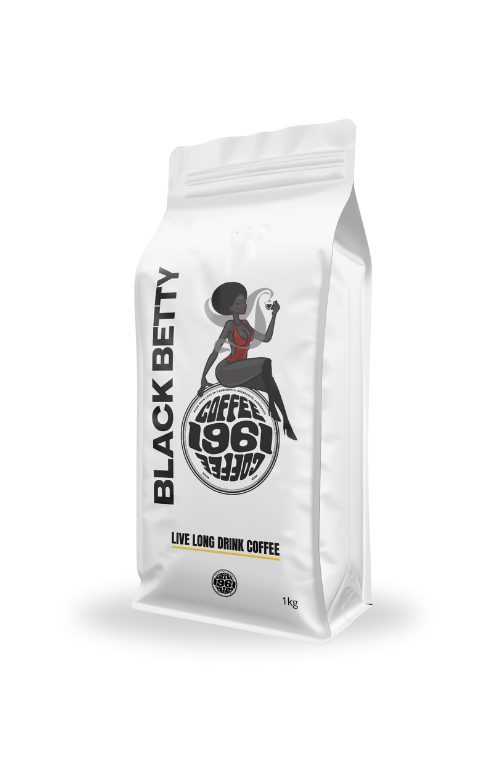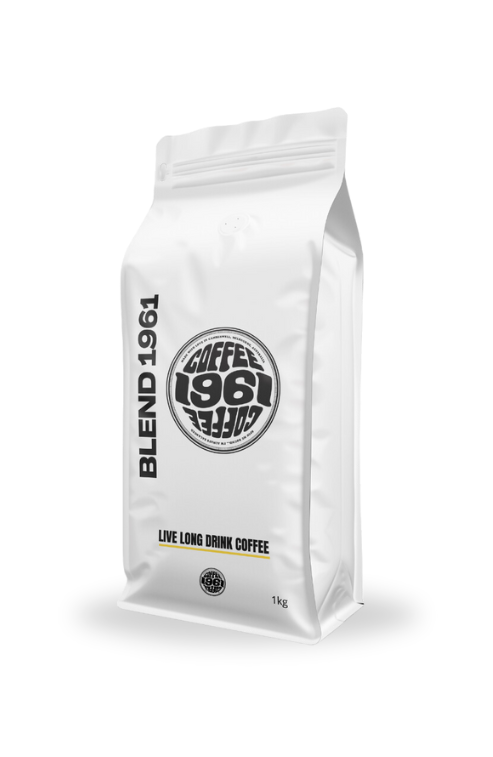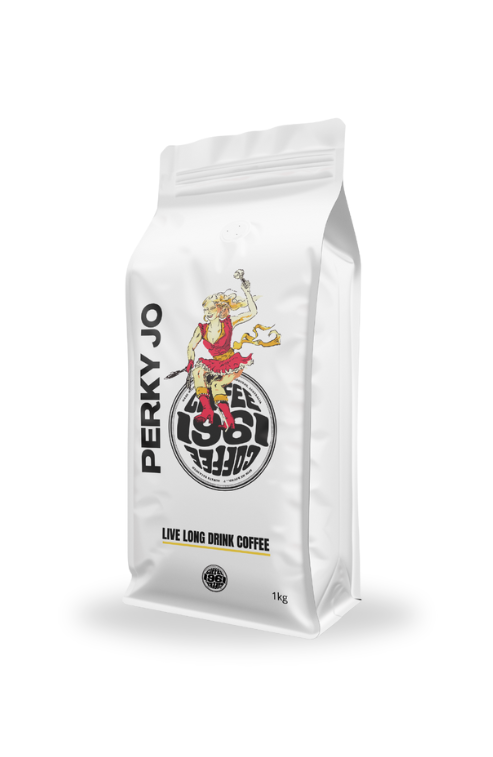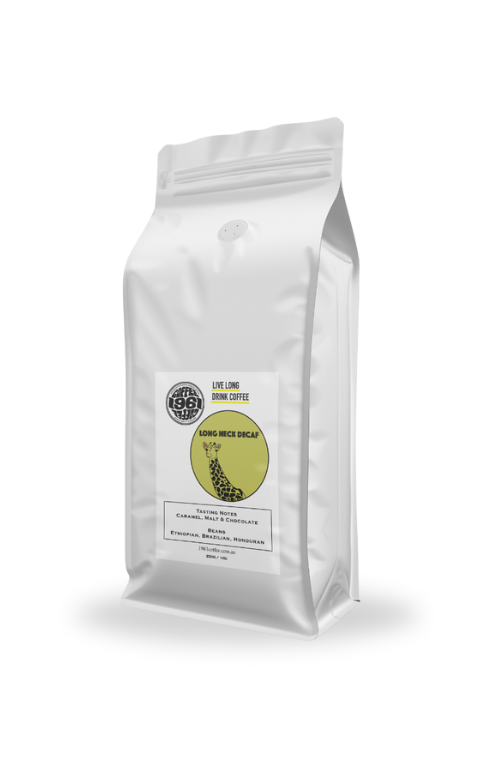
Studies Suggest Daily Coffee Intake May Protect Against Heart Disease
Coffee is more than just a beloved ritual—it’s a daily essential for millions of Australians who rely on it to kick-start their mornings or power through their afternoons. But recent studies now suggest there’s more to your regular brew than a boost in alertness. In fact, a moderate coffee daily intake may actually offer protection against heart disease, one of Australia’s leading causes of death. As more research emerges, coffee is steadily gaining recognition not just as a comfort beverage but as a contributor to long-term cardiovascular health.
Scientists have found a consistent association between daily coffee consumption and a reduced risk of heart-related conditions such as stroke, coronary artery disease, heart failure, and even arrhythmia. These benefits appear most pronounced when coffee is consumed in moderation—typically two to four cups per day—and without excessive added sugars or high-fat creamers. This is great news for coffee lovers, if you’re in Melbourne or suburbs like Rowville, Mulgrave, and Wheelers Hill or anywhere in Australia, where busy lifestyles make a good coffee both a convenience and a necessity.
What’s Behind the Health Benefits?
Coffee contains over a thousand bioactive compounds, but a few in particular stand out when it comes to heart health. Antioxidants like chlorogenic acid and polyphenols are known for reducing oxidative stress and inflammation in the body—two critical factors in the development of cardiovascular disease. These compounds support healthy blood vessels, improve circulation, and may even help regulate blood sugar levels.
Studies published in journals such as the European Journal of Preventive Cardiology have confirmed that individuals with a regular coffee daily intake experience fewer cardiovascular incidents over time compared to non-coffee drinkers. What’s interesting is that these benefits are seen across all types of coffee—whether you prefer instant, espresso, or filtered. Even decaffeinated coffee has been shown to offer similar benefits, suggesting that it’s not just the caffeine, but the overall chemical makeup of coffee that contributes to heart health.
Of course, the key is moderation. Too much of anything can tip the scales, and coffee is no exception. Overconsumption can lead to unwanted side effects and may counteract the benefits it offers.
Understanding the Caffeine Recommended Dose
While coffee has earned a place in heart-healthy diets, it's crucial to stay within the caffeine recommended dose to avoid potential downsides. For most healthy adults, a daily caffeine intake of up to 400 milligrams is considered safe. This equates to roughly three to four cups of brewed coffee, depending on the strength and brewing method. Exceeding this threshold too frequently can lead to increased heart rate, anxiety, restlessness, digestive issues, and sleep disturbances.
Your normal caffeine intake should also account for other hidden sources—like tea, energy drinks, soft drinks, chocolate, and certain over-the-counter medications. Many people unknowingly consume more caffeine than they realise, which can tip them into excessive territory even if they only drink a couple of cups of coffee a day.
To keep your coffee habit healthy, space your intake throughout the day, stay hydrated, and monitor how your body reacts. If you’re someone who experiences insomnia or jitteriness, try switching to a lower-caffeine roast or decaf after midday. Listening to your body and staying within your caffeine recommended dose allows you to enjoy coffee’s heart benefits without sacrificing your overall well-being.
Sip Smarter with 1961 Coffee
Located in southeast Melbourne, 1961 Coffee delivers premium, ethically sourced coffee to homes and offices in Bayswater, Glen Waverley, and beyond. Whether you're brewing at home or serving customers, our beans are roasted to balance rich flavour with natural antioxidants—perfect for your coffee daily intake.
Shop our fresh coffee beans now and upgrade your daily cup
Making Coffee Part of a Heart-Healthy Lifestyle
Enjoying coffee every day doesn’t mean you’re compromising your health. On the contrary, a consistent and moderate coffee daily intake can fit seamlessly into a balanced lifestyle. The key lies in understanding your body’s limits and choosing high-quality, fresh-roasted coffee that enhances the health benefits without adding unnecessary calories or chemicals.
Pair your coffee with healthy habits—like regular exercise, a nutritious diet, and good sleep hygiene—to amplify the positive effects. Also, consider how and when you consume coffee. For instance, drinking coffee shortly before a workout can improve physical performance and endurance, while having a cup after a meal may help regulate blood sugar.
If you’re concerned about your heart or caffeine tolerance, speak with a healthcare professional before making significant changes. Everyone metabolises caffeine differently, and what works for one person may not suit another. That said, sticking to a normal caffeine intake and sourcing high-quality beans from a trusted roaster like 1961 Coffee gives you the best of both worlds—great taste and better health.
If you want to try our premium coffee beans and coffee roasters. Shop now
The evidence is strong: moderate coffee consumption can be good for your heart. By maintaining a responsible coffee daily intake and staying within the caffeine recommended dose, you can make your daily brew not just a habit, but a health-conscious choice. Combined with other heart-smart behaviours, coffee becomes more than a pleasure—it becomes part of your wellness plan.
So, whether you're brewing at home in Rowville, sipping on a cappuccino in Mulgrave, or grabbing a long black to-go in Glen Waverley, know that your coffee is doing more than waking you up. It may just be helping your heart beat a little healthier.




